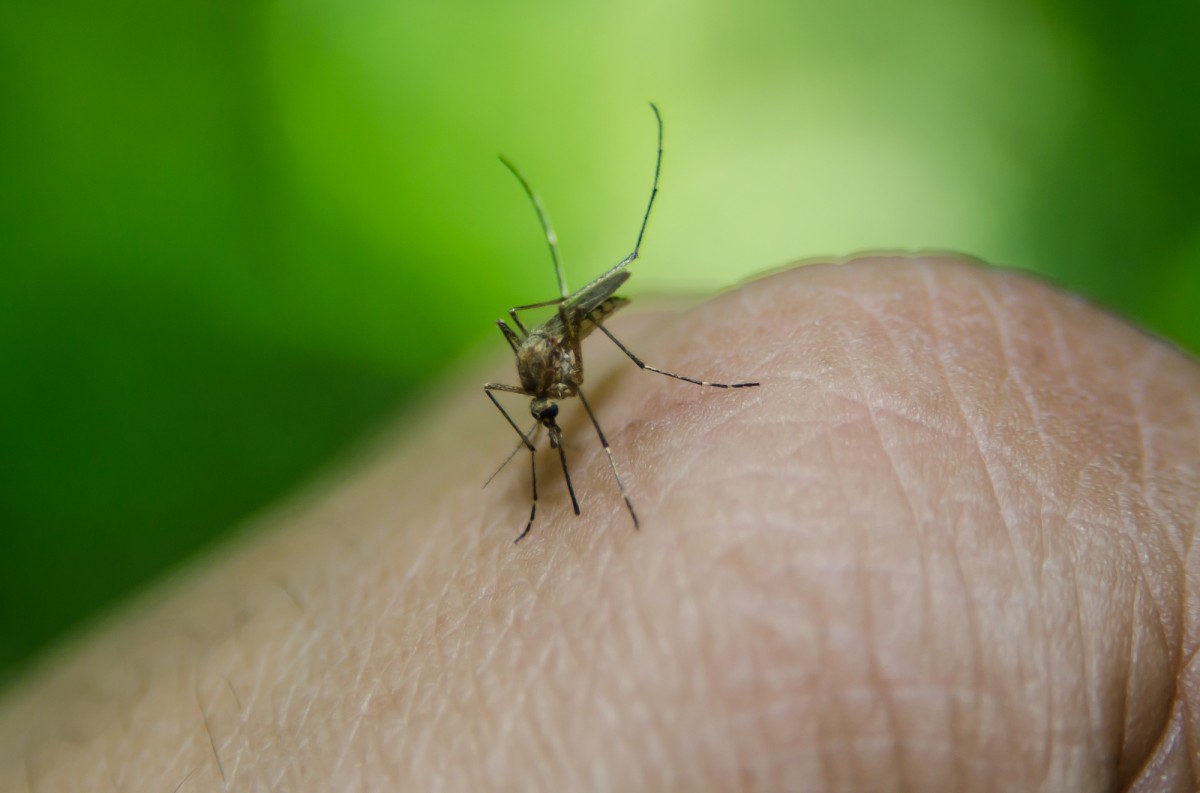Travel-related cases are expected in Europe, and this is linked to travellers returning from risk areas. Cases of dengue have been reported in France and Spain in September 2019.
There has been a substantial worldwide increase in dengue cases to date in 2019 compared with the same time period in 2018. This means that travellers who are planning a trip to risk areas have a much higher risk of becoming infected with dengue now than they had last year.
Jonas Nilsen (MD), a medical doctor at travel vaccination service Practio, says: “The risk of dengue is increasing in many countries, partly because climate changes provide better conditions for the mosquitoes to spread the disease. Travellers to risk areas are advised to avoid mosquitoes and to consult with a doctor if they show any symptoms.”
Nilsen quotes: “The dengue mosquito is mostly active during the day, especially two hours after sunrise and several hours before sunset. Travellers are advised to use mosquito-repellant that contains DEET and to sleep in air-conditioned rooms or under a mosquito net to avoid being bitten.”
Travel-related cases are expected in Europe, and this is linked to travellers returning from risk areas. Cases of dengue have been reported in France and Spain in September 2019.
Countries with most cases: Brazil, the Philippines, Mexico, Nicaragua, Thailand, Malaysia and Colombia. The majority (85 %) of the 1,049,000 cases reported during the last three months occurred in these countries. Amongst these are popular destinations for British travellers, such as Mexico and Thailand.
About dengue
What is dengue and how does it spread?
Dengue is spread through the bite of an infected mosquito. The disease is usually mild and pass in about a week without causing any ongoing problems. However, if a traveller is infected twice with dengue, the disease can be fatal.
What are the symptoms of dengue?
Most people do not get any symptoms. If symptoms do occur, the infected person will start to feel them around 5 to 8 days after being bitten by an infected mosquito. Symptoms include fever, severe headache, pain behind the eyes, muscle and joint pains, nausea, vomiting, fatigue and a rash. The second time a traveller is infected with dengue, the person can experience spontaneous bleeding through the skin and cardiac arrest.
What is the risk for travellers?
All travellers going to a country where dengue is widespread are at risk. However, the exact risk level is unique to each traveller, as it is determined based on individual factors such as destination, the length of the trip, time of travel and the traveller’s health.
Dengue does not occur naturally in the UK, however it is seen in UK travellers returning from Asia, the Americas or the Caribbean.
How is dengue treated?
There is no treatment for dengue fever.
What is the death rate of dengue?
An estimated 500,000 people with severe dengue require hospitalization each year, with an estimated 2.5% case fatality annually.
Vicky is the co-founder of TravelDailyNews Media Network where she is the Editor-in Chief. She is also responsible for the daily operation and the financial policy. She holds a Bachelor's degree in Tourism Business Administration from the Technical University of Athens and a Master in Business Administration (MBA) from the University of Wales.
She has many years of both academic and industrial experience within the travel industry. She has written/edited numerous articles in various tourism magazines.


























































































































































































































